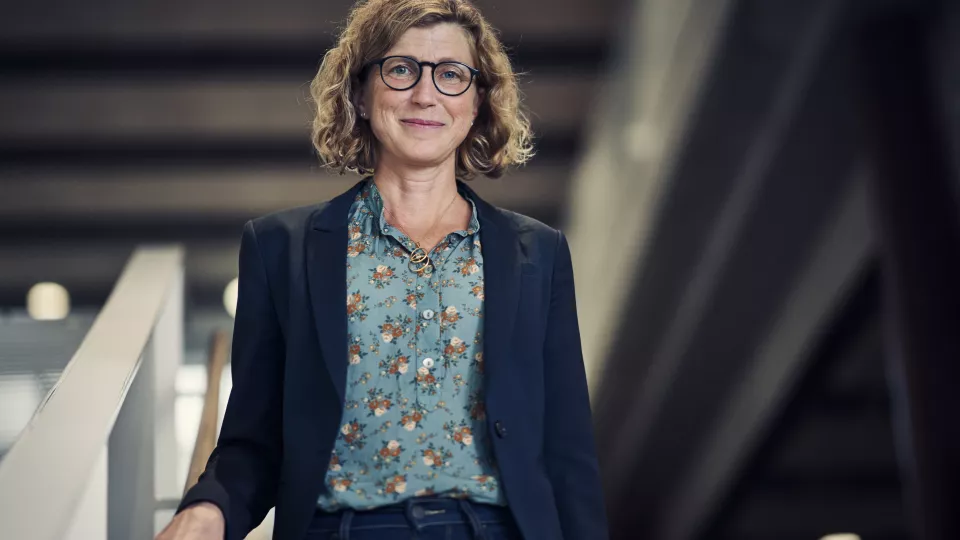As a diabetes researcher at Lund University Diabetes Centre (LUDC), a paediatrician, and head of the pediatric department at Skåne University Hospital, Helena Elding Larsson has met many children with type 1 diabetes. In the last few years, there have been major technological developments in diabetes care that make it possible to monitor changes in blood glucose levels in a way that was previously not possible. However, for families with children who are diagnosed with type 1 diabetes, the adjustments are still extensive.
“Young children cannot monitor their blood sugar levels without the help of an adult. Many teenagers find it difficult to have type 1 diabetes, during a period of life where independence is very important. Some teenagers want to manage the disease entirely on their own, whilst others feel overwhelmed. Type 1 diabetes is also still associated with complications, despite all the recent medical advances,” says Helena Elding Larsson, adjunct professor in paediatrics at Lund University.
Helena Elding Larsson was recently awarded this year’s Medeon stipend for her contributions to the development of clinically applicable methods for the prediction and prevention of type 1 diabetes. Medeon Science Park together with Moll Wendén Law Firm annually award the Medeon stipend of SEK 50,000 to a researcher at LUDC. The stipend will be presented in connection with World Diabetes Day Skåne on November 12th.
Switching on the immune defence
Helena Elding Larsson leads a research group in paediatric endocrinology at LUDC and runs several studies where the goal is to try to prevent the development of type 1 diabetes. Her studies are often carried out in collaboration with other international research groups.
The POInT study investigates if the development of type 1 diabetes can be prevented in children with an increased risk of the disease using preventive oral insulin treatments. In type 1 diabetes, the body’s own immune defence has attacked the pancreatic beta cells so they can no longer produce insulin.
“We want to train the child’s immune defence to better tolerate the insulin produced by the body itself to prevent the immune system from destroying the beta cells. Research suggests that something happens in the immune defence when type 1 diabetes develops. In our studies, we try to switch on the immune defence to reduce the risk of the disease breaking out,” says Helena Elding Larsson.
New piece of the puzzle
In the POInT study, the researchers also study the development of diabetes-related autoantibodies in children. These autoantibodies are used to identify persons at risk of developing type 1 diabetes. The international research team have looked closer at the relationship between blood glucose levels and the development of autoantibodies in a study recently published in the scientific Journal of Clinical Investigation (JCI).
“In this study, we can see an increase in blood sugar levels in children who later develop the disease even before the first diabetes-related autoantibodies appear. The results indicate that something happens to the beta cells before the children get their first autoantibodies. The study is a new piece of the puzzle we are putting together to help us understand the disease so we can eventually prevent it.”
This year, the World Diabetes Day Skåne focuses on individualized diabetes treatment and care. In Helena Elding Larsson’s opinion, healthcare has made good advances in individualizing the treatment for children with type 1 diabetes, but there is more to be done.
“There is still a lot we can do. For example, it would be good if we could predict which of the children with type 1 diabetes will lose all insulin secretion soon after diagnosis. We could then observe these children more closely,” says Helena Elding Larsson.


